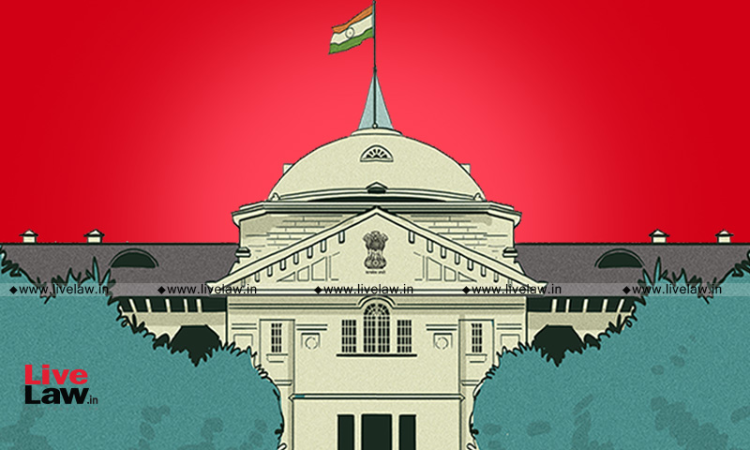Double Murder Case: Allahabad HC Sets Aside NSA Detention Order Against Former UP Minister Kamlesh Pathak
Sparsh Upadhyay
20 Feb 2022 7:08 PM IST

Next Story
20 Feb 2022 7:08 PM IST
The Allahabad High Court has set aside the detention order passed against former Minister of State and MLC Kamlesh Pathak under the National Security Act, 1980 in connection with a March 2020 double murder case. This order has been passed by the division bench of Justice Sunita Agrawal and Justice Sadhana Rani Thakur in a habeas corpus petition filed by Pathak (Detenue/Petitioner) to quash...
